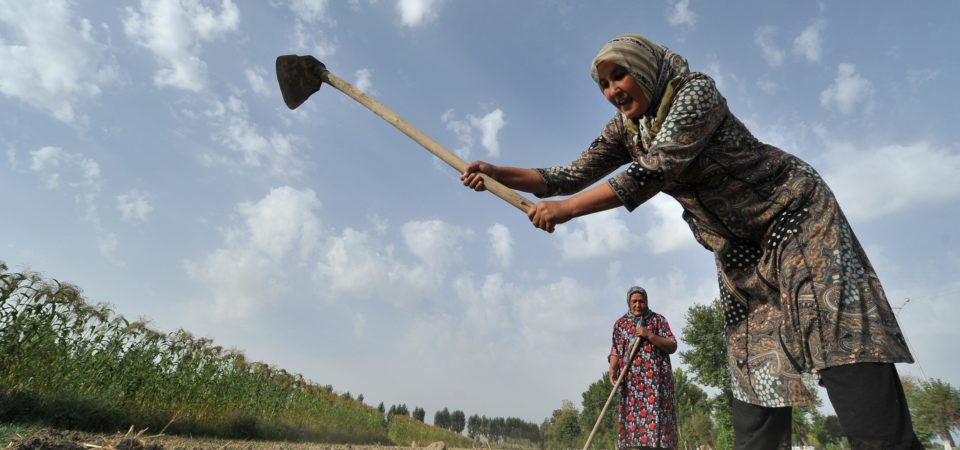Item Link: Access the Resource
File: Download
Date of Publication: August 13, 2016
Year of Publication: 2016
Publisher: Elsevier Limited
Author(s): Kirk R Smith, Alistair Woodward, Bruno Lemke, Matthias Otto, Cindy J Chang, Anna A Mance, John Balmes, Tord Kjellstrom
Journal: The Lancet
Volume: 388
Pages: 642-644
How will projected changes in climate affect our ability to safely work outside? Kirk Smith et al. explore this question through the timely case of the Summer Olympics.
INTRODUCTION: Climate change threatens human health in many ways, through heat waves, extreme weather events, and shifts in disease vectors, as well as economic and social stresses on populations living in or trying to escape areas affected by seawater intrusion, drought, lower agricultural productivity, and floods. In the short term, most of these impacts could be substantially ameliorated by actions to reduce background disease risks and other known causes of vulnerability. The world beyond 2050 poses increasingly difficult challenges, not only because of the inherent uncertainties in long-term predictions, but because the extent and speed of change might exceed society’s ability to adapt. In addition, the risk of so-called pernicious impacts— those that require trade-offs between what is generally assumed and valued as part of society and what is healthy—will rise.
Perhaps the most pernicious of these impacts is the growing expansion in season and geography of outdoor conditions (or unprotected indoor spaces) in which heavy work is no longer safe.
The views and opinions expressed through the MAHB Website are those of the contributing authors and do not necessarily reflect an official position of the MAHB. The MAHB aims to share a range of perspectives and welcomes the discussions that they prompt.
